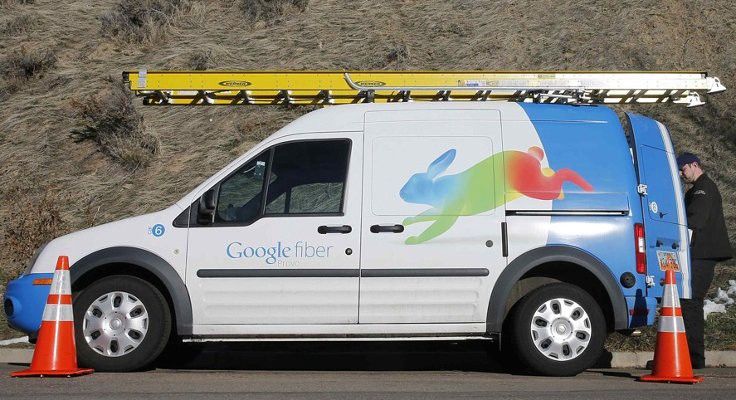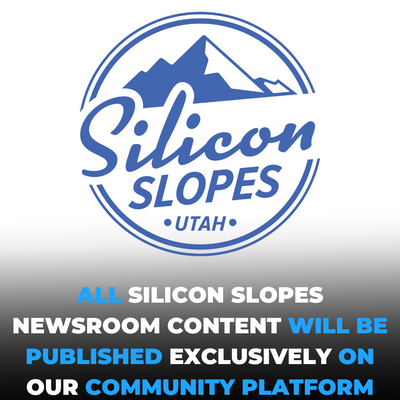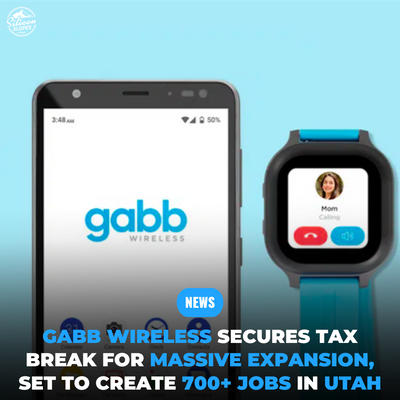The opportunity for our residents and what this means to our community is enormous.
Salt Lake City Mayor Ralph Becker announced Wednesday morning that his office and the Salt Lake City Council is pursuing a deal with Google Fiber to bring gigabit internet to the city.
“The opportunity for our residents and what this means to our community is enormous,” Becker said in a press conference announcing the possible deal.
In a blog post published Wednesday morning, Google Fiber revealed Salt Lake City is one of nine cities that they are looking at expanding into over the next six-to-nine months.
“We’ve long believed that the Internet’s next chapter will be built on gigabit speeds, so it’s fantastic to see this momentum. And now that we’ve learned a lot from our Google Fiber projects in Kansas City, Austin and Provo, we want to help build more ultra-fast networks. So we’ve invited cities in nine metro areas around the U.S. — 34 cities altogether — to work with us to explore what it would take to bring them Google Fiber,” wrote Milo Medin, VP, Google Access Services.
Not everyone is pleased with Salt Lake City’s decision to pursue a deal with Google Fiber.
In a blog post published at the same time Mayor Becker was holding his press conference, Pete Ashdown, Founder and President of XMission, wrote, “If Salt Lake City offers concessions to Google, the same should be offered to XMission. Since the Provo deal went down, I have been in talks with Salt Lake City’s mayor’s office and city council about how XMission could provide fiber to the city. This has been slow moving. Mayor Becker told me this morning that the first he heard of the Google Fiber deal was last Friday the 14th. This is moving fast, because Google is a multi-billion dollar company, and XMission is not.”
“We aim to provide updates by the end of the year about which cities will be getting Google Fiber,” wrote Medin. “Between now and then, we’ll work closely with each city’s leaders on a joint planning process that will not only map out a Google Fiber network in detail, but also assess what unique local challenges we might face. These are such big jobs that advance planning goes a long way toward helping us stick to schedules and minimize disruption for residents.”
We’ll be updating this story with more reactions from the community as it develops.
Published 2/19/2014






